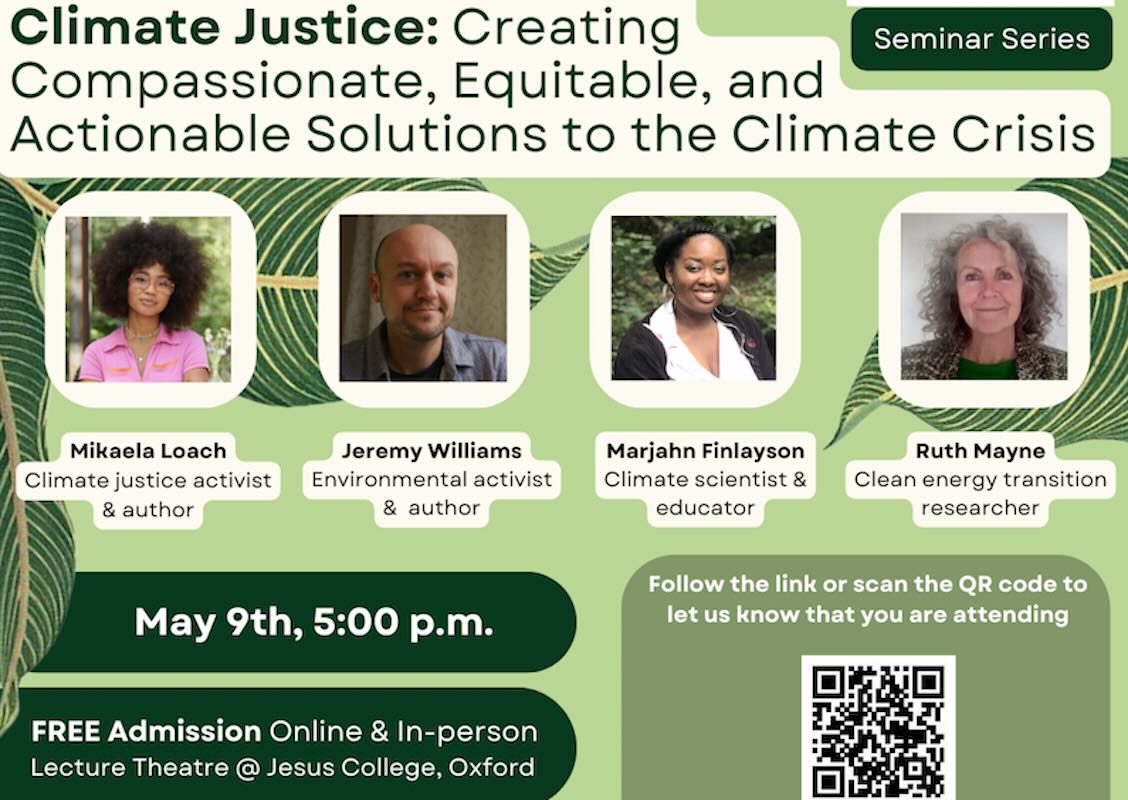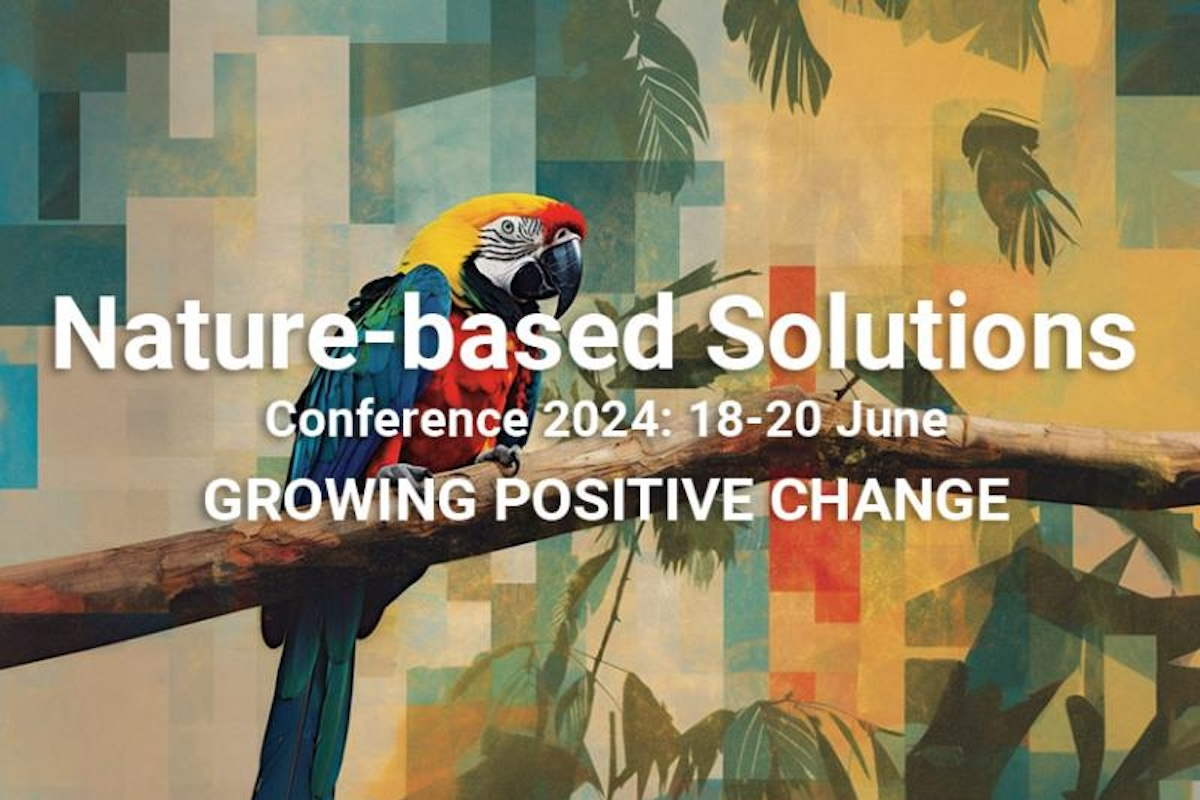Major research investment into UK land use transformation

A new consortium model has been awarded £6.25 million by UK Research and Innovation (UKRI) to establish a ‘Land Use for Net Zero’ (LUNZ) Hub.
The LUNZ Hub, co-led led by The James Hutton Institute and the University of Leicester, will provide UK and devolved nations with timely evidence around land use, from renewable energy to soil carbon and green finance, to help drive the land transformations needed to achieve Net Zero by 2050.
Agriculture and land use have a major impact on greenhouse gas (GHG) emissions, as well as a wide range of other environmental, societal and economic outcomes, but progress towards decarbonisation is currently lagging behind other sectors. By carefully balancing and optimising competing land uses we can scale up the implementation of nature-based solutions for climate mitigation and adaptation, nature recovery and food security, but this requires supportive land use policy frameworks.
The declaration on sustainable agriculture, resilient food systems and climate action at the recent COP28 states the UK government’s intent to act on land use and climate change by increasing public financial support and scaling science-based solutions, and LUNZ will be a key conduit for these actions.
With increasing urgency to tackle GHG emissions and meet environmental targets, policymakers need access to up-to-date, consensus-based evidence on addressing land use and agriculture as a major GHG-emitting sector. The LUNZ Hub aims to bridge the gap between policymakers and research through a novel approach to collaboration, providing all four UK governments with the evidence they need in the format and timeframe they need.
The Hub has an equally novel focus on stakeholder participation, as Hub Co-lead, Professor Heiko Balzter (University of Leicester), explained:
“Creating a fair, realistic path to Net Zero in the land use sector can only be achieved with the involvement of a wide range of stakeholders throughout the process– to provide their expertise, share the Hub’s outputs and ensure its proposals work in practice as well as theory.”
Researchers from the Nature-Based Solutions Initiative and the Agile Initiative, directed by Professor Nathalie Seddon, are among the consortium of more than thirty leading research and science institutions including stakeholders ranging from those at the cutting edge of climate change modelling to farmers’ groups, advisory organisations, NGOs and an arts collective.
Similar to the University of Oxford’s Agile Initiative, the LUNZ Hub is pioneering an ‘Agile policy centre’ research model to respond to policymakers’ needs, producing rapid solutions-oriented environmental research by bringing together cross-disciplinary researchers with partners working on the ground.
“This is a great opportunity to build on our Agile Initiative work to help policymakers explore how land use, food and agriculture policy can help to deliver our climate and nature recovery targets. We are really looking forward to working with our many partners from academia, policy and practice at the LUNZ Hub, using interdisciplinary, solutions-focussed research to help to co-design more sustainable land-use options for the UK.” (Alison Smith, NbSI)
As part of the LUNZ Hub, the Food, Agriculture, Biodiversity, Land Use and Energy (FABLE) model will be developed to explore future land-use change pathways within each of the four UK nations.
The FABLE model has so far been developed by a partnership of over 20 countries which each run their own national model, with models subsequently linked together to balance imports and exports at a global scale. The UK version has been developed by the UK Centre for Hydrology and Ecology and the University of Oxford, including NbSI researchers Alison Smith and John Lynch. This work will contribute to the development of plausible and innovative Net Zero scenarios and pathways.
Read more about Agile Initiative work here.




